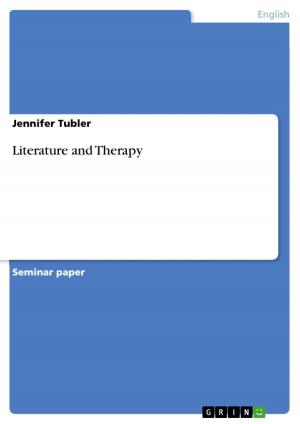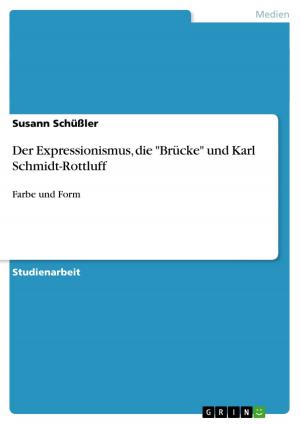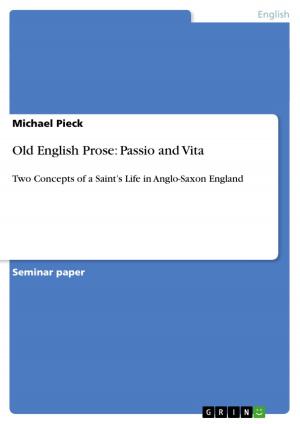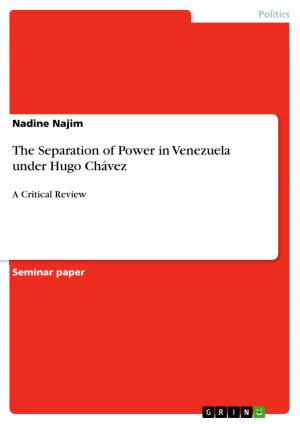The divergences between maoism and classical marxist thought
The Divergences Between Maoism and Classical Marxist Thought
Nonfiction, Social & Cultural Studies, Political Science, Politics, History & Theory| Author: | Sebastian Erckel | ISBN: | 9783640326938 |
| Publisher: | GRIN Publishing | Publication: | May 11, 2009 |
| Imprint: | GRIN Publishing | Language: | English |
| Author: | Sebastian Erckel |
| ISBN: | 9783640326938 |
| Publisher: | GRIN Publishing |
| Publication: | May 11, 2009 |
| Imprint: | GRIN Publishing |
| Language: | English |
Essay from the year 2008 in the subject Politics - Political Theory and the History of Ideas Journal, grade: 85%= good, University of Kerala (Department of Political Science), course: Political Theory- Marxian Tradition, language: English, abstract: This essay seeks to evaluate the differences between Maoist ideology and classical Marxist thought. Although Mao himself never denied his Marxist roots, a few significant deviations can be identified that, this essay suggests, have their origin in Mao's focus on practical realisation. While Marx undeniably provided the far more coherent theoretical framework for a proletarian revolution, this framework turned out to be practically useless whenever the ground conditions (such as an industrialised society with a conscious proletariate) were not met. Since all successfull revolutions of the 20th century took place in societies where according to classical Marxism they should not have, Maoism as an ideological and revolutionary guideline that actually worked in unfavourable conditions of underdevelopment and dependency became far more appealing.
Essay from the year 2008 in the subject Politics - Political Theory and the History of Ideas Journal, grade: 85%= good, University of Kerala (Department of Political Science), course: Political Theory- Marxian Tradition, language: English, abstract: This essay seeks to evaluate the differences between Maoist ideology and classical Marxist thought. Although Mao himself never denied his Marxist roots, a few significant deviations can be identified that, this essay suggests, have their origin in Mao's focus on practical realisation. While Marx undeniably provided the far more coherent theoretical framework for a proletarian revolution, this framework turned out to be practically useless whenever the ground conditions (such as an industrialised society with a conscious proletariate) were not met. Since all successfull revolutions of the 20th century took place in societies where according to classical Marxism they should not have, Maoism as an ideological and revolutionary guideline that actually worked in unfavourable conditions of underdevelopment and dependency became far more appealing.















